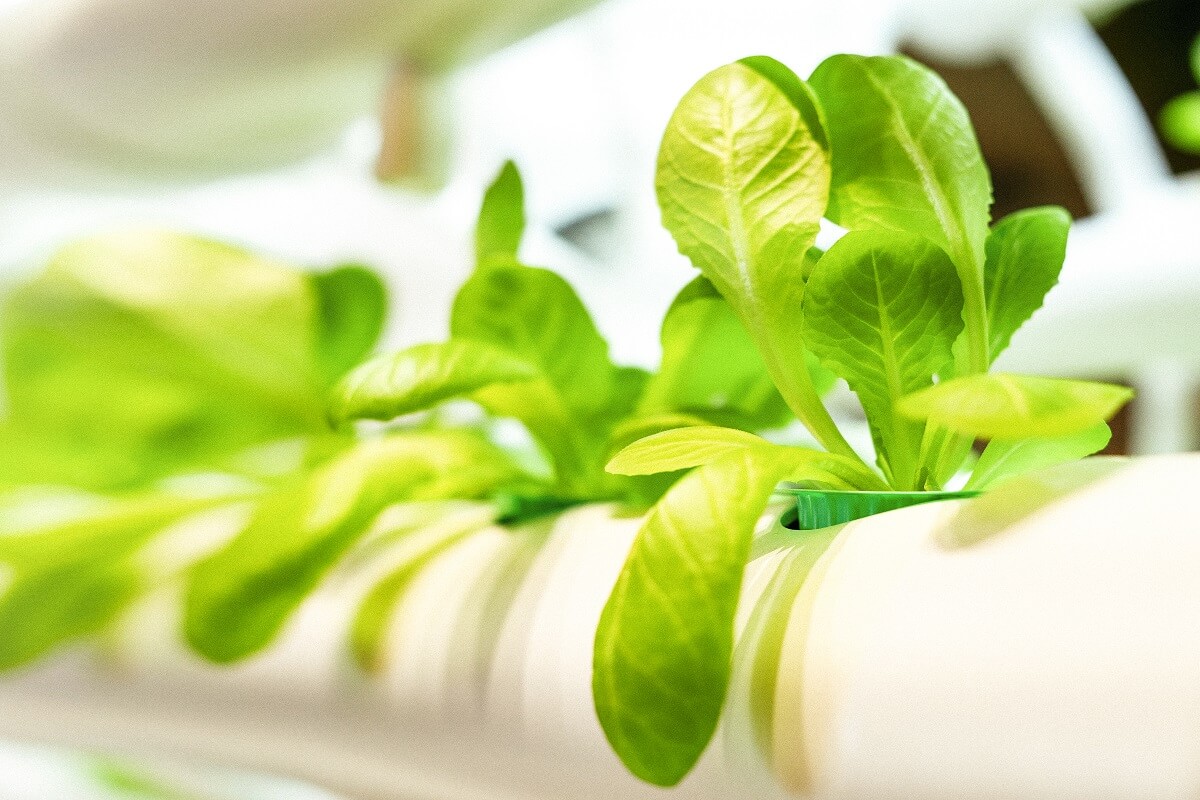You may be wondering, is there truly a distinction between organic and conventional oranges? In this comprehensive guide, we will examine into the key disparities between these two types of oranges, exploring crucial factors such as pesticide usage, nutritional content, and environmental impact. By the end of this article, you will have a clearer understanding of which option is the healthiest choice for you and your family.
Table of Contents
Key Takeaways:
- Nutritional Value: Organic oranges may have a higher nutritional value due to their cultivation methods.
- Pesticide Residue: Conventional oranges can have pesticide residue, whereas organic oranges are grown without synthetic pesticides.
- Environmental Impact: Organic farming methods are gentler on the environment, promoting biodiversity and soil health.
- Flavor: Some consumers report that organic oranges have a better taste compared to conventional ones.
- Cost: Organic oranges can be more expensive than conventional ones due to the higher cost of organic farming practices.
Understanding Organic Oranges
While comparing organic oranges to conventional oranges, it is important to understand the key differences between the two. This chapter will probe into the world of organic oranges and shed light on what sets them apart from their conventional counterparts.
What Does “Organic” Mean?
What sets organic oranges apart is the way they are grown and processed. In order to be certified as organic, oranges must be grown without the use of synthetic pesticides, herbicides, or fertilizers. This means that organic farmers rely on natural methods to control pests and weeds, and enhance the soil’s fertility. Additionally, organic oranges are not genetically modified.
For consumers, choosing organic oranges means opting for a product that is free from harmful chemicals and pesticides. By choosing organic, you are not only supporting a healthier lifestyle for yourself but also promoting environmentally sustainable practices.
Organic Orange Farming Practices
For organic orange farming practices, farmers use methods such as crop rotation, composting, and beneficial insect release to maintain soil health and manage pests. These practices help to promote biodiversity and create a balanced ecosystem within the orchard. Additionally, organic orange farmers prioritize water conservation and often implement drip irrigation systems to reduce water wastage.
Any residues of pesticides or synthetic chemicals on organic oranges are significantly lower compared to conventional oranges, making them a safer choice for consumers. Organic farming practices prioritize the health of the environment and consumers, while also promoting sustainable agricultural practices.
Conventional Orange Production
There’s a significant difference between organic and conventional orange production methods. Conventional orange farming relies heavily on synthetic chemicals and pesticides to protect the crops and maximize yields. These practices have raised concerns about the impact on both human health and the environment.
Traditional Agricultural Methods
An integral part of conventional orange production is the use of synthetic fertilizers to provide nutrients to the soil. These fertilizers are typically made from petroleum byproducts and can have long-lasting effects on the soil’s health and fertility. Additionally, conventional orange farms often employ monocropping, which can lead to soil erosion and a depletion of natural resources.
In traditional conventional orange farming, herbicides are commonly used to control weeds that compete with the orange trees for nutrients and water. These herbicides can have detrimental effects on beneficial insects, birds, and other wildlife in the ecosystem. The use of heavy machinery for planting, cultivating, and harvesting also contributes to soil compaction and further degradation of the land.
Pesticides and Chemicals Used
The reliance on synthetic pesticides in conventional orange production is a major concern. These chemicals are used to control pests such as insects, mites, and diseases that can threaten the orange crop. The most commonly used pesticides in conventional farming are organophosphates, chlorpyrifos, and glyphosate – all of which have been linked to harmful effects on human health and the environment.
Plus, the use of chemical pesticides in conventional orange farming has been associated with the decline of bee populations due to their toxic effects on pollinators. This can have far-reaching consequences for biodiversity and ecosystem sustainability. It’s crucial to consider the impact of these chemicals on both the immediate environment and the broader ecological system when evaluating conventional orange production methods.
Nutritional and Health Implications
Many people often wonder whether there are significant differences between organic oranges and conventional oranges when it comes to their nutritional content. Let’s explore into the key factors that differentiate the two.
Nutritional Differences
Nutritionally, organic oranges and conventional oranges have similar profiles in terms of vitamins and minerals. Both types of oranges are excellent sources of vitamin C, a potent antioxidant that supports immune function and skin health. They also contain fiber, which aids in digestion and helps regulate blood sugar levels.
However, organic oranges are grown without synthetic pesticides or fertilizers, which may impact their nutrient content. Studies have shown that organic produce, including oranges, tends to have higher levels of certain antioxidants and beneficial compounds compared to their conventionally grown counterparts.
Health Risks and Benefits
One of the main benefits of choosing organic oranges is reducing exposure to potentially harmful pesticides. Conventionally grown oranges may contain pesticide residues, which have been linked to various health issues, including neurodevelopmental problems and certain types of cancer.
Furthermore, consuming organic oranges helps support sustainable farming practices that are better for the environment and local ecosystems. By opting for organic produce, you are not only prioritizing your own health but also contributing to a greener and more sustainable food system.
Differences in farming practices between organic and conventional orange production can have a significant impact on both the nutritional content of the fruit and the potential health risks associated with consumption. Choosing organic oranges whenever possible can offer both health benefits and support for environmentally-friendly agriculture practices.
Environmental and Economic Considerations
For those who are conscious about the impact of their food choices on the environment and their wallets, the decision between organic and conventional oranges goes beyond just personal health benefits. Understanding the environmental and economic considerations of each option can help consumers make more informed decisions.
Impact on the Environment
An important consideration when choosing between organic and conventional oranges is the impact on the environment. Organic farming practices typically use natural fertilizers, crop rotation, and biological pest control methods. These practices help reduce the use of synthetic pesticides and fertilizers that can harm soil quality, water systems, and wildlife.
Additionally, organic farming tends to focus on enhancing biodiversity and promoting soil health, which can have long-term benefits for the ecosystem. On the other hand, conventional farming often relies heavily on synthetic chemicals and can contribute to soil erosion, water pollution, and loss of biodiversity.
Cost Comparison: Organic vs. Conventional
| Organic Oranges | Conventional Oranges |
| Higher initial cost | Lowers initial cost |
| Lower long-term environmental impact | Potential higher long-term environmental impact |
One of the primary concerns for consumers when choosing between organic and conventional oranges is the cost comparison. While organic oranges tend to have a higher initial cost due to the certification process and organic farming practices, they may offer lower long-term environmental impact. Conventional oranges, on the other hand, may seem more affordable at first but could potentially have higher long-term environmental costs.
Cost Comparison: Organic vs. Conventional
| Organic Oranges | Conventional Oranges |
| Higher initial cost | Lowers initial cost |
| Lower long-term environmental impact | Potential higher long-term environmental impact |
Taste, Quality, and Consumer Preferences
Flavor Profiles: Organic vs. Conventional Oranges
Unlike conventional oranges, organic oranges are grown without the use of synthetic pesticides or fertilizers. This difference in farming practices can influence the overall flavor profiles of the oranges. Many consumers claim that organic oranges have a more robust and intense flavor compared to conventional oranges. The absence of chemical residues in organic oranges allows the natural sweetness and tanginess of the fruit to shine through, resulting in a more flavorful eating experience.
On the other hand, conventional oranges may sometimes lack the depth of flavor that consumers associate with organically grown produce. The use of synthetic chemicals in conventional farming practices can sometimes diminish the complexity of the orange’s taste, leading to a somewhat bland or generic flavor profile.
Shelf Life and Quality
Quality is a crucial factor to consider when comparing organic and conventional oranges. Organic oranges are typically harvested at peak ripeness, ensuring that they are packed with nutrients and flavor. This emphasis on quality can result in organic oranges having a superior taste and texture compared to their conventional counterparts.
Any differences in shelf life between organic and conventional oranges are more related to the farming practices and handling post-harvest than the inherent quality of the fruit itself. Proper storage and handling techniques can help prolong the shelf life of both organic and conventional oranges, allowing consumers to enjoy these citrus fruits at their freshest.
Taste and quality are interconnected when it comes to oranges. The organic farming practices that prioritize flavor and nutrition ultimately contribute to a more satisfying taste experience for consumers. Understanding the nuances between organic and conventional oranges can help individuals make informed choices based on their preferences and priorities.
Summing up
Ultimately, when it comes to organic oranges versus conventional oranges, there is indeed a difference. Organic oranges are grown without synthetic chemicals, pesticides, or fertilizers, making them a healthier choice for both consumers and the environment. While conventional oranges may be more affordable, the potential health risks associated with pesticide residues and the environmental impact of conventional farming practices make organic oranges a better option in the long run. By choosing organic oranges, you are not only prioritizing your health but also supporting sustainable and eco-friendly farming practices.
FAQ
Q: What are organic oranges?
A: Organic oranges are grown without the use of synthetic pesticides, herbicides, or chemical fertilizers. They are grown using natural methods that promote soil health and biodiversity.
Q: What are conventional oranges?
A: Conventional oranges are grown using synthetic pesticides, herbicides, and chemical fertilizers. These methods may result in higher yields, but they can also have negative impacts on the environment and human health.
Q: Is there a nutritional difference between organic and conventional oranges?
A: While both organic and conventional oranges provide vital nutrients like Vitamin C and antioxidants, studies have shown that organic oranges may have higher levels of certain beneficial compounds due to the farming practices used.
Q: Are organic oranges more expensive than conventional oranges?
A: Yes, organic oranges are typically more expensive than conventional oranges. This is because organic farming methods require more labor and resources to maintain soil health and prevent pest infestations without the use of synthetic chemicals.
Q: Which is better for the environment – organic or conventional oranges?
A: Organic oranges are better for the environment as they promote soil health, biodiversity, and sustainable farming practices. Conventional farming methods can contribute to soil degradation, water pollution, and harm to beneficial insects and wildlife.

Our contributing author is a passionate advocate for eco-friendly living and sustainability. With a background in eco-life, they are dedicated to inspiring and empowering individuals to adopt environmentally conscious lifestyles. Through insightful articles, they share practical tips, innovative solutions, and thought-provoking perspectives to promote a greener, more sustainable world. Join them on the journey towards eco-smart living and discover how small choices can make a big impact. 🌱









